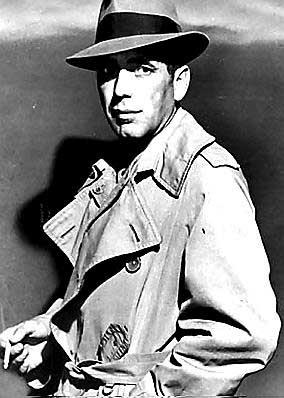My upcoming book of poetry, Icons & Action Heroes (Batteries Not Included), contains, as you might imagine, a section of poems about figures from popular culture, including Ken, Barbie, Raggedy Ann, Sam Spade, Wonder Woman, Lucy Lawless, Salome, Icara and Daedala, and Amelia Earhart. I even matched Jane with Jack of the Beanstalk, describing their dialogues of seduction and conflict as they go to and return from the castle at the top of the sky, which belonged to the giant and his wife, Cinderella. Talk about feminist revisionist mythmaking!
I think I write about pop culture icons, whether actors or dolls or historical role models, because they have had an impact on me, and I use this word advisedly because it implies leaving a dent behind. It means I have been in contact with something and come away changed.
Lately, I have been enjoying reading the blog, iwantedwings: a geeky feminists musings on Visual & POP Culture. the writer has just started a series of analyses of how Disney movie princesses portray and affect women. She is doing the films in chronological order, starting with Snow White (1937), so I suspect the results for the next few weeks at least will continue to be: Negative.
This is one reason why I, like many feminist poets, engage in revisionist mythmaking. To turn Icarus and Daedalus into mother and daughter makes the trope of the glass ceiling more literal, and thus more visceral, especially for those in Our Studio Audience who are not women or think they are not feminists. To make Prince Charming the giant at the top of the beanstalk is to ask what assumptions we make about our hoped for princes, and what cost those assumptions might have. And although I am probably the only feminist poet who has not (yet) gotten around to rewriting the story of Penelope and Odysseus, I reserve the right to do so eventually.
But even more, I want to celebrate the cultural icons that have helped us see how we can be strong. People often talk about Star Trek in this vein. How many of us women, of whatever color, were inspired by Nichelle Nichols acting as Lieutenant Uhura? How many of us cheered to see Kate Mulgrew as Captain Kathryn Janeway? As Katharine Trendacosta says, “The ‘seeing yourself on screen’ thing is a cliché, but it really is important. It’s not just seeing people you can relate to, it’s seeing people you can relate to being successful. That’s the empowering part. That’s what Star Trek: Voyager meant to me.”
Since we are inevitably consumers of popular culture, I think we must be critical and intentional consumers, understanding that the images that we consume are also creating, reinforcing, undermining and transforming the world around us, and ourselves. I write these poems to do this kind of thinking for myself and to help others do it too.
Trendacosta, Katharine. “Why Star Trek: Voyager Meant The World To Me.” iO9.com. Jan. 16, 2015. Web.






OK. I must ask. What are your views on Lynda Carter’s Wonder Woman? Please be kind-ish. She was my first love.
LikeLike
She is probably one of the reasons I am a martial artist. I still occasionally try turning around really fast in my living room, just in case it actually works this time.
LikeLike
Whew! I’m so glad you are a fan.
And do keep me posted if that spinning thing works for you.
LikeLike